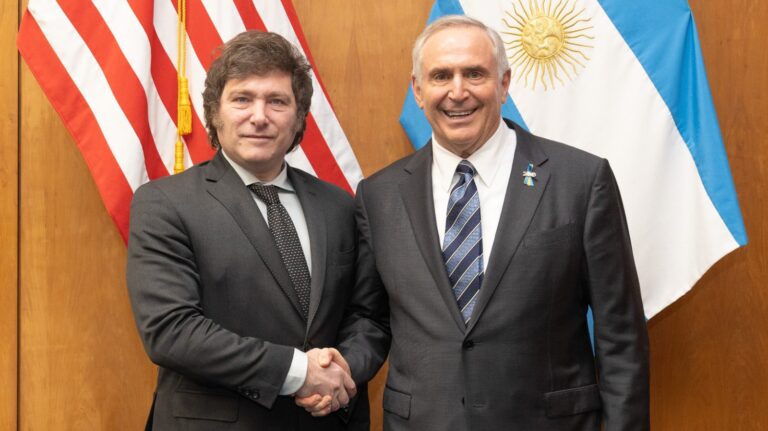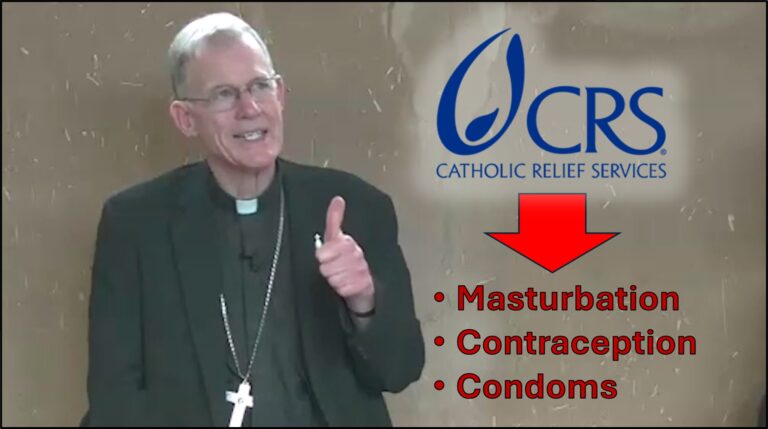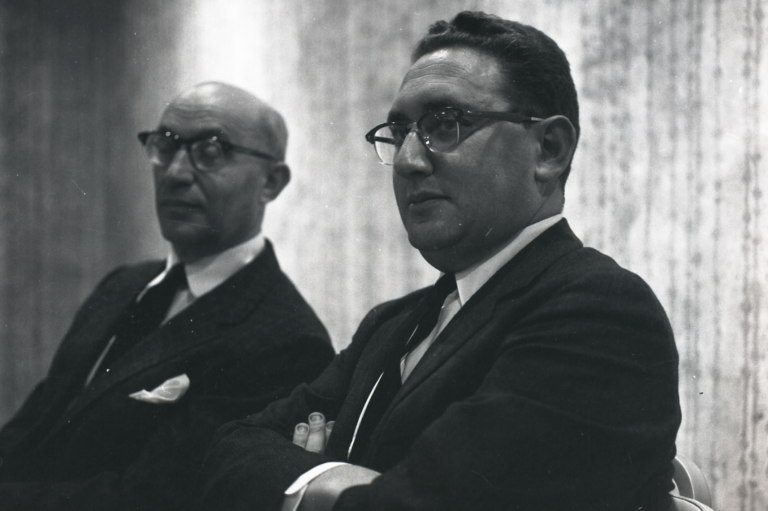March 22, 2002
Volume 4/ Number 8
Dear Colleague:
PRI’s Global Family Life Conference features several renowned medical professionals. Dr. Joel Brind, whose research has shown a direct link between abortion and breast cancer, will speak. Dr. Stephen Karanja will speak on the AIDS crisis afflicting Africa and his home country, Kenya. And Dr. Chris Kahlenborn will present a ground-breaking analysis of the abortion-inducing nature of the morning-after pill (“emergency contraception” or EC).
The work of Chris Kahlenborn, MD (Department of Internal Medicine, Altoona Hospital, Altoona, PA; Department of Internal Medicine, Bon Secour Hospital, Altoona, PA) is particularly timely, since anti-natalists at local, national and international levels vigorously promote “emergency contraception” in violation of scientific fact, human rights and religious faith. PRI supports the right of spouses (husband and wife) to make their own decisions regarding the spacing of births, in accordance with objective moral norms, and in keeping with the unitive and procreative aspects of marriage. PRI’s Global Family Life Conference will raise awareness of women’s rights and lack of informed consent in the arena of “reproductive health” and “family planning” aid.
Steven W. Mosher
President
At PRI’s Global Family Life Conference Medical Expert Links ‘EC’ with Abortion
Dr. Chris Kahlenborn, a world expert on the scientific link between abortion and breast cancer, and the abortion-inducing nature of the so-called morning-after pill (or “emergency contraception”), will speak at PRI’s Global Family Life Conference, April 3-7 in Santa Clara, California
(see: www.pop.org/conferences/).
Dr. Kahlenborn will speak April 6 on the abortifacient effect of so-called “emergency contraception” (or EC). Kahlenborn’s presentation will draw substantially from his newly published study, “Postfertilization Effect of Hormonal Emergency Contraception.” The study was published in the March 2002 edition of The Annals of Pharmacotherapy, a peer-reviewed medical journal of international reputation and readership.
Kahlenborn’s article, the first of its kind, presents a macro-analysis of all English-language medical journal articles on the effects of the morning-after pill. Kahlenborn examines “The 2 most common types of hormonal [emergency contraception] used in the US,” namely, “the Yuzpe regimen (high-dose levonorgestrel) and Plan B (high-dose levonorgestrel
alone.)”(1)
He concludes that both the Yuzpe regimen and Plan B have a postfertilization effect; that is, the morning-after pill likely destroys an already conceived human embryo.
That EC can cause early-term abortions was suspected by the scientist who first developed it. Writing in 1974, A.A. Yuzpe warned that the “abortifacient effects [or emergency contraception] … must be considered”(3).
Kahlenborn has done just that. “[A]t least 2 studies,” he writes, “have shown that hormonal EC use, even in the preovulatory phase, does not consistently prevent pregnancy and, by definition, allows ovulation in some cases.”(5) “Further data…” he continues, “confirms that EC does not stop ovulation.”(6) The failure of EC to prevent ovulation – even when ingested by a woman in her preovulation phase – may result in ectopic pregnancy and the death of the human embryo. Kahlenborn also notes the low efficacy rate of EC, as low as 55.7% in one case (4),
Kahlenborn’s conclusions about the abortion-inducing nature of EC have local, national and international significance.
In California, as in a number of other states, laws permitting or requiring medical facilities to distribute morning-after pills are going into effect. If they are required to distribute morning-after pills in violation of their religious beliefs, Catholic hospitals will be left with no choice but to refuse to comply. “Catholic hospitals…,” as Kahlenborn writes, “may wish to reassess their policies given the findings that EC use does not consistently stop ovulation and has the potential of causing a postfertilization effect even when used prior to ovulation.”(7) Indeed they may, since EC is both contraceptive and abortifacient in character.
Kahlenborn’s remarks at PRI’s Global Family Life Conference will stand in sharp contrast to the U.S. Food and Drug Administration’s approval of the “morning-after” pill, which it described as a non-abortion-inducing agent.
In Washington, moves are underway to expand morning-after pill prescription coverage for federal employees by mandate. The “Emergency Contraception Act,” as it is called by pro-abortion lawmakers, is filled with misinformation. In addition to overstating the efficacy of EC and understating the health risks, sponsors of this Act promote EC as a way to reduce abortions, making no mention of the fact that it actually causes
them.(8) Certain school districts have already made morning-after pills a regular part of the public school regimen, while keeping parents at bay.
On the international front, the United Nations Population Fund (UNFPA) has been pushing morning-after pills on some of the world’s most vulnerable women since its controversial refugee operations began a few years ago.(9) UNFPA distributes morning-after pills in “reproductive health” subkits, part of UNFPA “safe delivery” macro kits. In this way, UNFPA distributes abortion chemicals under the guise of “safe delivery.”(10)
Endnotes
1. Chris Kahlenborn, Joseph B. Stanford, and Walter L. Larimore,
“Postfertilization Effect of Hormonal Emergency Contraception,” The Annals of Pharmacotherapy, March 2002, Vol. 36, No. 3, pp. 465-470.
2. A. A. Yuzpe, M.D., JRM, Vol. 13, No. 2, August, 1974.
3. Webb et al., “Comparison of Yuzpe Regimen, danazol, and mifepristone
(RU-486) in oral postcoital contraception,” BMJ, 1992:305;927-31.
4. Kahlenborn, et al.
5. Ibid.
6. “Emergency Contraception Education Act,” H.R. 3887, 107th Congress, 2nd
Session, March 6, 2002; Sponsors: Louise Slaughter, D-NY; Morella, R-MD; Dianna DeGette, D-CO and Jim Greenwood, R-PA.
7. UNFPA, “Emergency Reproductive Health Kits Sent to Kosovo Refugees,”
June 1999.
8. Kahlenborn, et al.
9. Joseph Meaney, “Refugees Rights vs. ‘Reproductive Rights’,” PRI Review,
April/May 1999.










